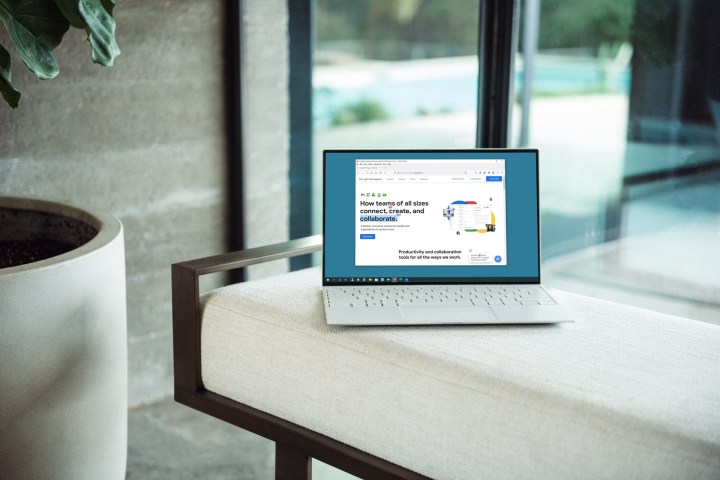
The spirit of Clippy has returned. As it promised at I/O earlier in the month, Google announced Monday that it has begun rolling out the Gemini AI sidebar for its Workspace application suite, including Gmail, Docs, Sheets, Slides, and Drive.
“Gemini can assist you with summarizing, analyzing, and generating content by utilizing insights gathered from your emails, documents, and more,” the announcement blog reads.
The AI will leverage “Google’s most capable models,” such as Gemini 1.5 Pro, but will only be available to paid Gemini subscribers. That means you’ll need a Workplace subscription with either the Gemini Business or Enterprise option, a Gemini Education sub through your school, or a $20/month personal Google One AI Premium subscription to access these new features.
The AI will reportedly offer “proactive prompts” as you work, just as Microsoft’s historically maligned virtual Office assistant used to do. In Docs, Gemini can summarize documents, rework and refine passages of text, and create content based on imported files. In Slides, it’ll help users generate new slides and custom imagery, and in Sheets, the AI can automatically generate tables and graphs, among other functions. Drive is a little different, in that the AI can summarize multiple documents and quick facts about a project based on what files you drag into the sidebar.

Gemini for Gmail is actually rolling out to both web and mobile users, both for Android and iOS. This sidebar can summarize email threads, suggest replies that won’t get you in trouble with HR, draft emails whole cloth, and answer specific questions about the contents of a given thread.
Depending on which rollout schedule they are a part of (either Rapid Release or Scheduled Release), users should start to see the AI features become available in as little as one to three days and as long as two weeks. To access the AI once it does populate for you, navigate to the side panel, click on “Ask Gemini” (the spark button) in the top-right corner, and start chatting.



